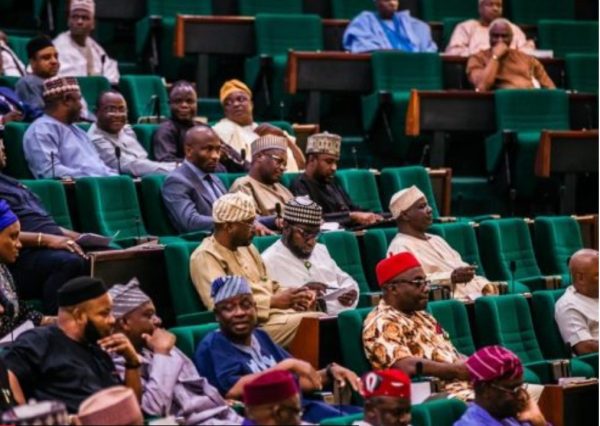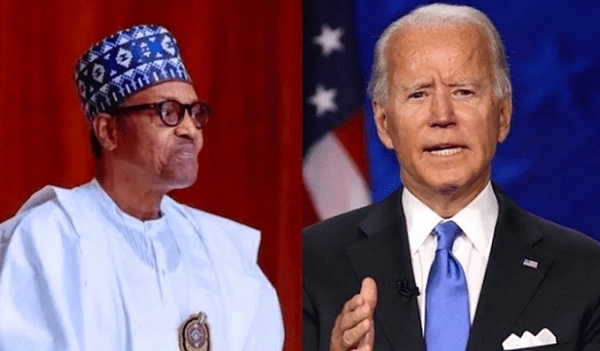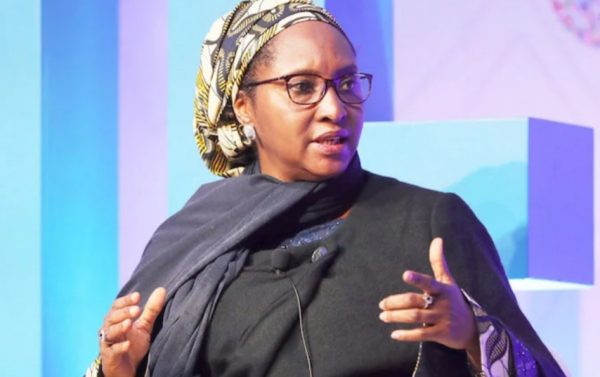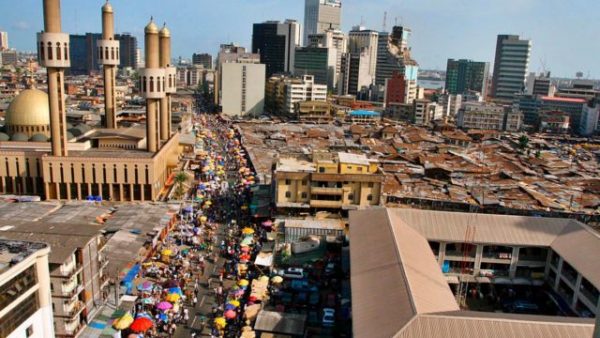FG Downgrades Economic Growth Projections To 2.6%

There is indication that the Federal Government may have effected a massive cut in the 2015 economic growth rate projections amidst faltering economic performance indices.
Governor of Central Bank of Nigeria, CBN, Mr. Godwin Emefiele, who gave this hint in the September 2015 Monetary Policy Committee, MPC, details released, yesterday, by the apex bank, said the growth rate measured by Gross Domestic Products, GDP, is now 2.6 per cent, down from 5.5 per cent.
With this development the official growth rate has been pegged far lower than projections by the International Monetary Fund, IMF, and other international and local financial institutions.
Following the faltering oil prices and other macroeconomic predicaments faced by the Nigerian economy since this year, IMF had downgraded the growth projections to 4.8 per cent, while African Development Bank, AfDB, puts the growth mark at 5.0 per cent.
Similarly a multinational investment banking group with significant operations in Nigeria, Renaissance Capital, had downgraded Nigeria’s GDP growth rate twice this year first to 3.4 per cent and later to 2.8 per cent two months ago.
Nigerian financial institutions such as Afrinvest Group, FSDH Merchant Bank economic research among others have marked down the GDP projection to between 2.8 and 3.2 per cent.
Emefiele, in his personal comments on the MPC details, said, ‘’growth prospects for 2015 weakened following the slowing growth observed in the first two quarters of the year. Output growth decelerated from 3.9 percent in 2015Q1 to 2.4 percent in 2015Q2 which was considerably less than the 6.5 percent and 6.2 percent recorded in 2014Q2 and 2014Q4, respectively.
‘’Consequently, the annualised growth projection for 2015 has been marked down from 5.5 percent to 2.6 percent’’.
He explained that the fragile performance of the economy in the second quarter of 2015 reflected the sustained turmoil in the oil sector caused by tumbling crude oil prices which led to a 0.7 percent decline in oil related GDP.
Emefiele, however, noted that ‘’the sub-par performance of the economy in the second quarter is not unique to Nigeria, but continue to reflect the imbalances and vulnerabilities inherent in commodity exporting economies’’.
He stated that this adversity highlights the immediate need for fiscal consolidation and an accelerated diversification of the economy.
Emefiele expressed hope that the easing infrastructural challenges illustrated by the increased availability of petroleum products (especially premium motor spirit), improved power supply and the gradual dismantling of insurgents in the North east region can possibly prop the faltering prospects in the short-term.
He also said that the initial frictions that followed the prohibition of non-essential imports from the foreign exchange market are dissipating as domestic supply capacity is beginning to improve, adding that this has the potential to strengthen the short- to medium-term economic prospects.








